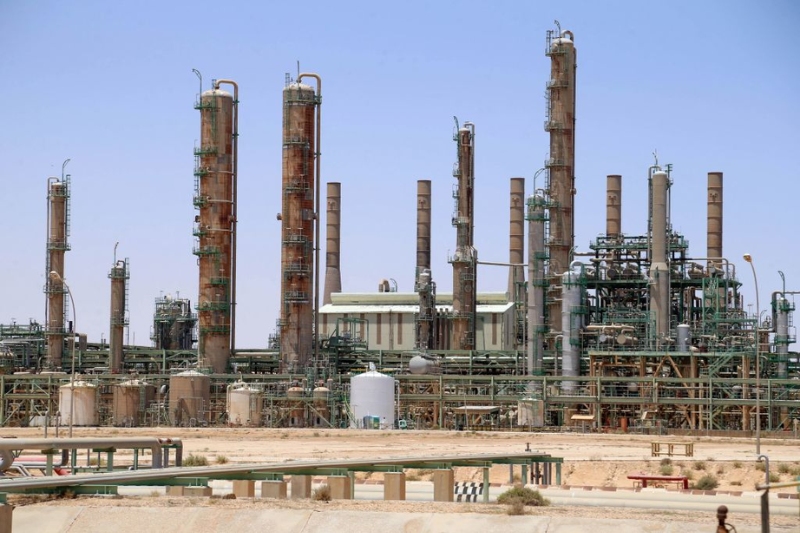Fueling Frustration: Demands Drive Protests
Residents of Libya’s southern Fezzan region have taken to the streets, voicing their frustrations with inadequate infrastructure, unemployment, and a lack of access to basic necessities like healthcare and fuel. Their discontent culminated in the closure of two crucial oil fields: Sharara, with a daily production capacity of 300,000 barrels, and el-Feel.
The protesters’ demands are clear. They seek the construction of a hospital in Oubari, employment opportunities for young people in the oil sector, and the establishment of a dedicated refinery in Fezzan to address chronic fuel shortages. Abou Bakr Abou Setta, president of the Fezzan rally, stated, “This is the only card we have to put pressure on Tripoli to grant us our rights.”
A Nation Divided: Political Fallout
Abdul Hamid Dbeibeh’s internationally recognized Libyan government in Tripoli has called for a “return to reason” and expressed disapproval of involving oil production in such grievances. However, analysts view these protests as a stark illustration of the deep political divisions plaguing the country.
Two parallel authorities vie for power in Libya. The Dbeibeh government holds sway in the west, while the east is under the control of a rival administration based in Sirte, backed by the House of Representatives in Tobruk and military strongman Khalifa Haftar. This ongoing power struggle significantly hinders efforts to address the country’s numerous challenges, including infrastructure development and improving living conditions for citizens.
Keep Reading
Oil and Uncertainty: Economic Concerns
The oil and gas sector is the lifeblood of Libya’s economy, generating the bulk of its revenue. In November 2023, the National Oil Corporation (NOC) reported a daily production of 1.24 million barrels, a significant achievement. However, the recent oil field closures raise concerns about potential disruptions to this vital source of income, further jeopardising the country’s already fragile economic stability.
The ongoing protests and oil field closures in southern Libya underscore the complex interplay of social discontent, political divisions, and economic vulnerability. Addressing these issues effectively requires a multifaceted approach that prioritises dialogue, inclusivity, and a commitment to equitable development across the entire nation.

